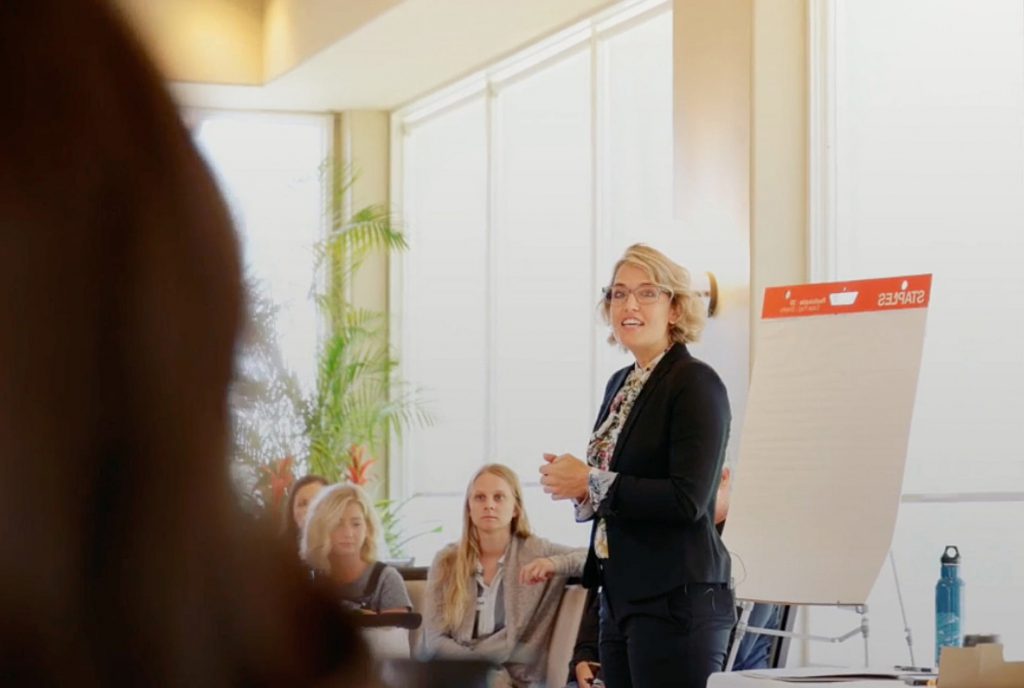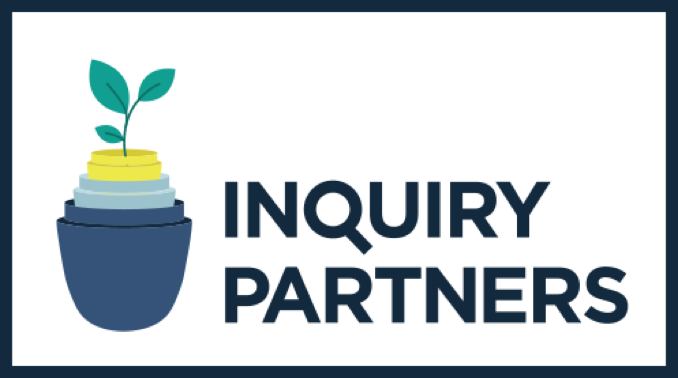We usually stop talking about resolutions around this time of year — they don’t garner any magic just because we resolved to make them in a certain month.
That’s the beauty of goal-setting: you don’t have to set your goals by the start of the new year if February or March serves you better. Setting a goal in January won’t help us become the next version of ourselves and won’t jumpstart our developmental growth.
The truth is, New Year’s resolutions lack the power to profoundly change anything. Setting successful developmental goals requires deeper inquiry.
So let’s throw off the self-imposed constraints of defining resolutions. Let’s stop spending energy on our strengths and focus on the areas we can improve. Let’s set better goals that spark real growth.

“New Year’s Resolutions come and go. Some we keep, some we don’t. In order to make lasting changes in our lives, we must first change our minds. We sometimes forget, and we often feel stuck, but we all have the power to do so.” – Elizabeth Thornton
COACHING: Feedback is the most direct way to jumpstart your development
While resolutions are billed as a call for a change in some sort of constructive way, we often don’t take the time to define the current construction of our situation or agree as to how we want to construct it going forward.
And so, understandably, working toward a resolution can feel like we’re de-constructing our current context and momentum. At some point, our goals lose their power. They feel obligatory instead of inspiring, and we resign ourselves to the fact that we won’t achieve them.
The key to breaking this cycle is feedback. In November’s issue of Free Coaching (which you can find here), I discussed the value of feedback and how to give and receive feedback that is truly constructive.
Just like with feedback from an outside source, it takes strong self-discipline to stay curious about and open to the ways you are achieving your goals, or not. It takes asking the tough questions and giving ourselves honest answers to shift our mindset and allow for profound change.
PRACTICE: Resolving to Grow
The degree of curiosity and inquiry we can sustain determines the degree of growth we can achieve.
In order to create profound change, we must remain curious at all times about how we’re working toward our goal. We must commit to remaining in a practice of inquiry, making the questions that keep us curious a regular part of our day, our play and our business.
Before deciding on your resolutions, ask yourself:
- Do I know how I need to grow?
- Do I know what I need to grow?
- Do I know who I need to be to grow?
- Do I know where I can learn to grow?
Don’t let your curiosity end at the planning stage. Check in throughout the year to reflect on your progress. Don’t focus on your strengths – you’re already good at them. The only way to grow is to identify your weaknesses and find ways to move past them.
Ask the tough questions that will force you to dig deeper and identify the limiting beliefs that keep you from achieving your development goals:
- What happens when I try to change?
- What is the story I tell myself when I fail to make a change?
- What do I need in order to challenge that story?
- What other perspectives do I need in order to see this differently?
Developmental Challenge:
The same practices used to create profound change in your own development can also impact your organization. This month’s challenge: work with your leadership team to set a resolution for organizational change or reflect on an existing goal. Ask: what part of this goal belongs to the leadership, system and shared context? What are we hoping this goal will help us to accomplish? What change would be most useful to see as a result of this goal?






